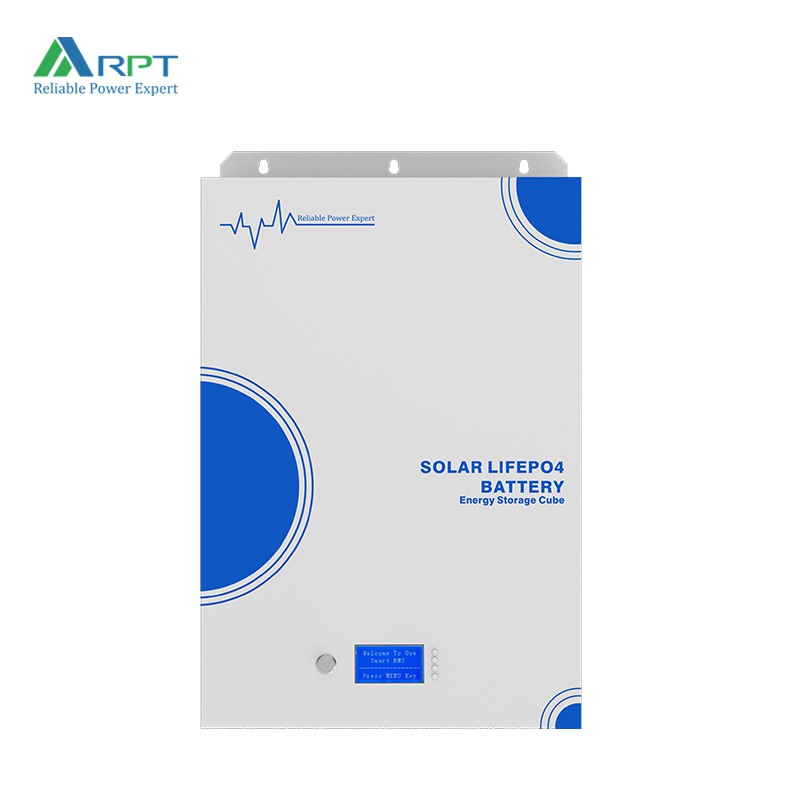News
The Benefits of Residential Energy Storage
Residential energy storage is storing energy generated by renewable sources, such as solar panels or wind turbines, in a battery for later use. As renewable energy sources become more affordable and accessible, residential energy storage will likely become increasingly widespread.
Residential energy storage is most effective when paired with a renewable energy system. Installing solar panels or a small wind turbine can generate clean, renewable energy stored in your energy storage system for later use.
Benefits of residential energy storage to know about
Below are some of the top benefits
There are many benefits of using residential energy storage. Overall, residential energy storage provides a range of benefits for homeowners, including energy independence, cost savings, reduced carbon footprint, improved grid reliability, backup power, energy arbitrage, and energy management.
Energy independence
With residential energy storage, homeowners can generate and store their energy, reducing their dependence on the grid and energy companies.
Cost savings
Storing energy during off-peak times and using it during peak times can save homeowners money on electricity bills. Additionally, solar power or other renewable energy sources can reduce energy costs.
Residential energy storage can help you save money on your energy bills by allowing you to store excess electricity generated by your solar panels or wind turbines for later use. Here are some ways to save money with residential energy storage.
Reduced carbon footprint
Residential energy storage enables homeowners to use renewable energy sources with a lower carbon footprint than fossil fuels. This helps to reduce greenhouse gas emissions and combat climate change.
Residential energy storage can help reduce your carbon footprint by enabling you to store excess energy generated from renewable sources, such as solar or wind power, for use when the sun isn't shining, or the wind isn't blowing.

Improved grid reliability
Residential energy storage can help to reduce strain on the electrical grid during peak demand times, which can help to prevent blackouts and other power outages. Residential energy storage allows homeowners to shift their energy consumption from peak to off-peak hours.
Residential energy storage helps reduce the overall demand on the grid during peak hours, which can help prevent blackouts or brownouts.
Backup power
Residential energy storage systems can provide backup power in a power outage or emergency, providing homeowners with peace of mind and increased safety.
Energy arbitrage
Energy arbitrage stores energy during off-peak times when electricity is cheaper and then uses it during peak times when electricity is more expensive. This can help homeowners to save money on their electricity bills.
Energy management
Residential energy storage systems can help homeowners to better manage their energy usage, allowing them to track and monitor their energy consumption and adjust their usage accordingly.
Increased home value
Homes equipped with energy storage systems may be more attractive to buyers, as they offer a range of benefits, including cost savings, energy independence, and environmental benefits.
Energy storage technology continues to evolve and become more affordable; it is likely to become an increasingly popular option for homeowners looking to reduce their energy bills and improve their environmental impact. Get all the tips and related products to Residential Energy Storage from our website.
RELATED NEWS
- Revolutionizing Power Solutions: Introducing Our Sealed Lead Acid Replacement Ba 2024-05-23
- RPT Lithium-ion Battery at Middle East Energy Dubai 2024 2024-02-23
- What are the types of Residential Energy Storage, and which one is best for vill 2024-01-05
- We provide professional lithium battery customization solutions 2024-01-01
- What Are Residential Energy Storage Solutions 2023-11-01
CATEGORIES
LATEST NEWS
CONTACT US
Contact: Jason Zhan / Will Pan
Phone: +86-18096530689
E-mail: will.pan@rpt-ess.com
Whatsapp:+86-18096530689
Add: Wandajie Industrial Park, No. 1-12, Jinlong Avenue, Pingshan District, Shenzhen.Guangdong, China, 518118
